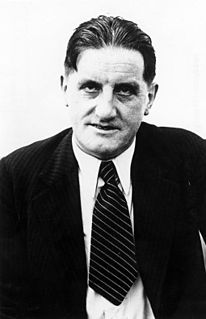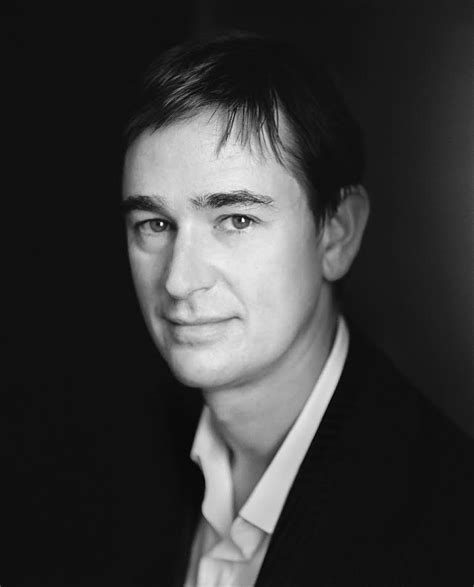A Quote by Gilles Deleuze
Nietzsche's break with Schopenhauer rests on precisely this point; it is a matter of knowing whether the will is unitary or multiple.
Related Quotes
...What is at stake is civilization and humanity, nothing less. The idea that everything is permitted, as Nietzsche put it, rests on the premise of nihilism and has nihilistic implications. I will not pretend that the case against nihilism and for civilization is an easy one to make. We are here confronting the most fundamental of philosophical questions, on the deepest levels. In short, the matter of pornography and obscenity is not a trivial one, and only superficial minds can take a bland and untroubled view of it.
When I was writing Love and Lies, I was going over a lot of my old notes to see if there were any insights in them. I was obsessed with Friedrich Nietzsche, Søren Kierkegaard, Arthur Schopenhauer. These are not guys that you want to go to for understanding the nature of love. They clearly didn't get it.
The subject matter that I am really spending my time on has become an acceptable subject matter. Living, lifestyle, family, is now in the forefront of interest in America, and I've just stuck with it. I mean, I've been doing this for years, and I never got angry. I never said, you know, listen, I'm fighting for this subject. That wasn't my point. My point was to continue working in a subject matter, knowing full well that finally it would be recognized as a viable subject once again.
It appears to Nietzsche that the modern age has produced for imitation three types of man ... First, Rousseau's man, the Titan who raises himself ... and in his need calls upon holy nature. Then Goethe's man ... a spectator of the world ... Third Schopenhauer's man ... voluntarily takes upon himself the pain of telling the truth.






























